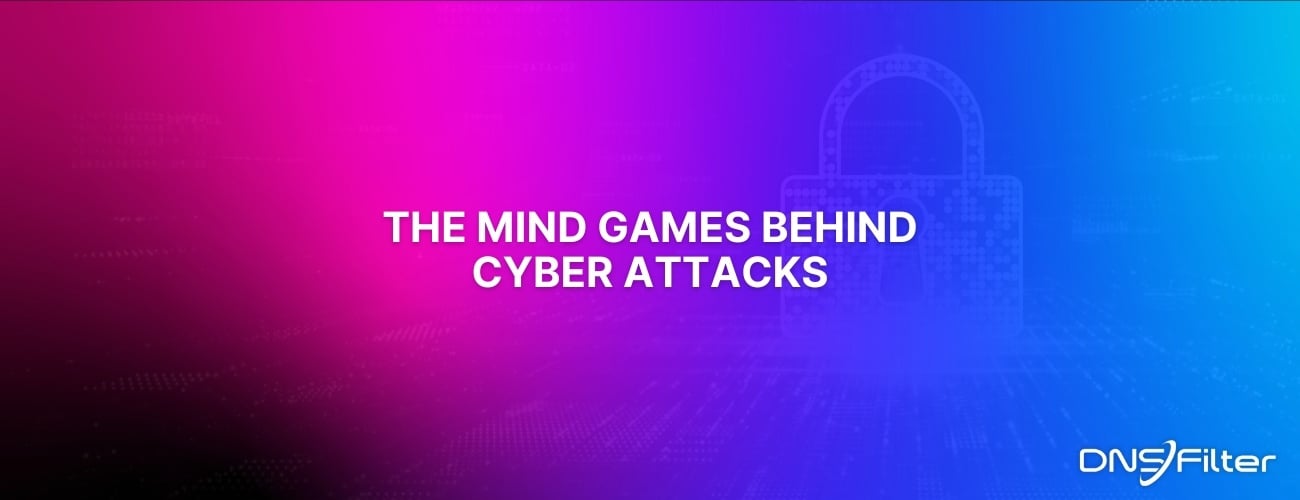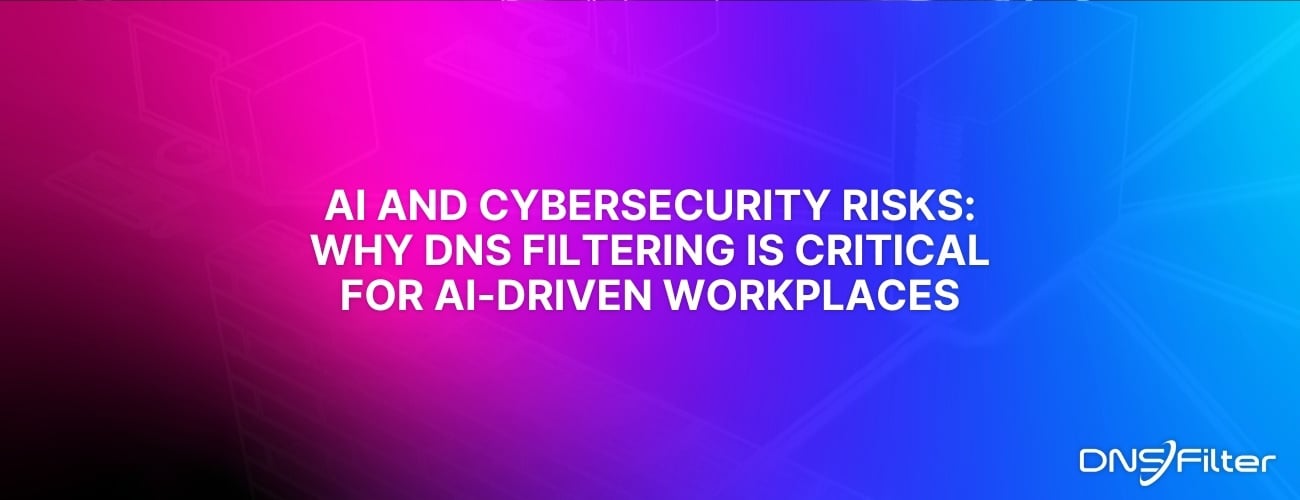Share this
How MSPs Can Enhance Customer Experience with Technology
by Mikey Pruitt on Nov 8, 2024 9:30:00 AM
Customer experience is the secret sauce that sets successful Managed Service Providers (MSPs) apart from the rest. In a market teeming with competition, you need to offer more than the best technology or the lowest prices. It's about how clients feel when they interact with your services. A stellar customer experience can transform a one-time client into a loyal advocate, while a poor one can send them running to your competitors. According to a study by PwC, 73% of consumers say that customer experience is key in influencing their purchasing decisions. For MSPs, this means that every interaction, from the first handshake to ongoing support, plays a crucial role in shaping client perceptions.
A positive customer experience doesn't just keep clients happy; it directly impacts retention rates. Happy clients are more likely to stick around, reducing churn and increasing lifetime value. Satisfied clients are more inclined to recommend your services to others, enhancing your reputation and expanding your client base through word-of-mouth. In fact, a report by Temkin Group found that companies earning $1 billion annually can expect to earn, on average, an additional $700 million within three years of investing in customer experience. For MSPs, this translates to a significant competitive edge, where the quality of customer experience can be the difference between thriving and merely surviving.
Onboarding: The First Impression
The onboarding process is where first impressions are made, and in the world of MSPs, it’s the first handshake that can make or break a budding relationship. Imagine stepping into a new partnership and being met with confusion and chaos—hardly the foundation for trust. A seamless onboarding experience, on the other hand, sets a positive tone, signaling to clients that they are in capable hands. This initial phase is not just about setting up accounts or configuring systems; it’s about laying the groundwork for a long-term relationship built on trust and reliability.
A well-structured onboarding process should be a well-oiled machine. It involves clear communication, setting expectations, and providing clients with the necessary tools and information to get started. According to a report by Wyzowl, 63% of customers consider a company’s onboarding program when making a purchase decision. This statistic underscores the importance of getting it right from the start. By ensuring that clients feel supported and informed from day one, MSPs can foster a sense of confidence and security.
Onboarding Cheatsheet
- Preparation and Kick-Off
- Ensure all contracts are signed, and gather preliminary client info.
- Hold a kick-off call to introduce the team, set expectations, and outline the onboarding process.
- Establish preferred communication channels and timelines.
- System Setup and Client Training
- Configure accounts, tools, and security policies within tools like DNS filtering.
- Provide quick-start guides and schedule training on essential systems.
- Perform initial assessments to customize configurations based on client needs.
- Support and Feedback
- Schedule regular check-ins to address questions and gather feedback.
- Document key contacts, configurations, and provide a support guide.
- After onboarding, collect feedback to improve future processes.
These streamlined steps ensure clients feel confident, informed, and ready to maximize your services from day one.
Daily Support: The Backbone of Satisfaction
Day-to-day support interactions are the unsung heroes of customer experience, quietly working behind the scenes to keep clients satisfied and loyal. These interactions are the daily touchpoints that reassure clients they are valued and supported. Consistent and reliable support is not just a nice-to-have but a necessity. When clients know they can count on their MSP to resolve issues promptly and efficiently, it builds a foundation of trust and reliability.
Imagine a client encountering a technical glitch that halts their operations. A swift, knowledgeable response from the support team not only resolves the issue but also reinforces the client's confidence in their MSP. According to a study by Microsoft, 96% of consumers say customer service is important in their choice of loyalty to a brand. This statistic highlights the critical role that day-to-day support plays in shaping client perceptions and loyalty.
Effective support interactions can turn potential frustrations into opportunities for strengthening relationships. By actively listening to client concerns and providing tailored solutions, MSPs can demonstrate their commitment to client success. This proactive approach resolves immediate issues and anticipates future needs, further enhancing the customer experience.
In the end, it's the consistent, reliable support that transforms clients into long-term partners. By prioritizing day-to-day interactions, MSPs can ensure that their clients feel valued and understood, fostering a sense of loyalty that withstands the test of time.
Swift Incident Response: Building Trust and Confidence
When disaster strikes, the clock starts ticking, and every second counts. Effective incident response is the linchpin of a robust customer experience strategy for MSPs. Clients facing unexpected disruptions need reassurance that their MSP can swiftly and efficiently resolve issues. A rapid response minimizes downtime while reinforcing the client's trust in the MSP's capabilities.
Real Life Cyber Incident Timeline from a DNSFilter Customer
Setup and Attack
The MSP deploys a new RMM tool across all client systems. Due to an unprotected backend account, an attacker brute-forces access, using PowerShell to install ransomware, bringing all client systems down.
Response and Recovery
The MSP team works around the clock, restoring core services by the week’s end, though workstation recovery takes three weeks of intense effort.
Post-Incident Improvements
To prevent future breaches, the MSP adopts a new DNS filtering tool but faces service outages, prompting a switch to DNSFilter for stability and robust security.
Client Trust and Growth
Despite the incident, the MSP retains all clients and gains new business due to its demonstrated resilience and transparency during the crisis.
In addition to resolving immediate issues, effective incident response involves clear communication and transparency. Keeping clients informed throughout the process helps manage expectations and reduces anxiety. By providing regular updates and setting realistic timelines, MSPs can maintain client confidence even in challenging situations. Ultimately, a quick and efficient incident response not only resolves technical issues but also strengthens the client-MSP relationship, building a foundation of trust that can withstand future challenges.
Tech-Driven Solutions: Elevating Every Touchpoint
Technology is the secret weapon that can transform each customer interaction into a seamless experience. From the moment a client signs on, tech-driven solutions can streamline onboarding, making it as smooth as a swipe on a smartphone. Automated workflows and digital onboarding platforms ensure that new clients are up and running with minimal fuss, reducing the time to value and enhancing initial impressions. Consider adding vendors to your tech stack that make onboarding silky smooth, like Rewst’s DNSFilter integration.
Day-to-day support interactions also benefit from technological advancements. AI-powered chatbots and virtual assistants can handle routine inquiries, freeing up human agents to tackle more complex issues. This speeds up response times and ensures that clients receive consistent, accurate information.
When it comes to incident response, technology plays a crucial role in minimizing downtime and maintaining client trust. Advanced monitoring tools can detect anomalies before they escalate into a full-blown crisis, allowing MSPs to address potential issues proactively. Additionally, cloud-based incident management systems enable real-time collaboration and communication, ensuring that all stakeholders are informed and aligned. This level of preparedness reduces the impact of disruptions and showcases the MSP's commitment to reliability and efficiency.
Incorporating technology into every customer touchpoint enhances the overall experience and positions MSPs as forward-thinking partners. By leveraging the latest tools and innovations, MSPs can deliver a customer experience that is not only efficient but also memorable, setting themselves apart in a crowded market.
The Ripple Effect of Seamless Experiences
A seamless and reliable customer experience is a strategic advantage that can propel MSPs to new heights. When clients encounter smooth interactions at every touchpoint, their satisfaction naturally increases. This satisfaction is not just a fleeting emotion; it translates into tangible business outcomes. According to a study by Bain & Company, companies that increase retention rates by 5%, increase profits by 25% to 95%. For MSPs, this means that a well-crafted customer journey can lead to higher client retention rates, as satisfied clients are less likely to jump ship.
A seamless experience fosters trust and loyalty, turning clients into brand ambassadors who willingly spread the word about their positive experiences. This word-of-mouth marketing is invaluable, as it carries more weight than traditional advertising. For MSPs, this means that a stellar reputation can be built on the foundation of exceptional customer experiences.
In addition to boosting satisfaction and retention, a reliable customer experience enhances your reputation in the industry. Clients who consistently receive top-notch service are more likely to view your MSP as a trusted partner rather than just a service provider. This perception can open doors to new opportunities and partnerships, further solidifying the MSP's position in a competitive market. Ultimately, a seamless customer experience is about creating a ripple effect that drives growth and success.
Strategies for Elevating Customer Experience
To truly stand out as trusted partners, MSPs must adopt a multifaceted approach to customer experience. First, prioritize seamless onboarding by leveraging digital tools that simplify the process and set a positive tone from the start. This ensures clients feel supported and confident in their decision to partner with you. Next, invest in robust support systems that combine human expertise with AI-driven solutions, ensuring quick and accurate responses to client inquiries. This will enhance satisfaction as well as build trust and loyalty.
Incident response should be proactive and transparent. Utilize advanced monitoring tools to detect issues early and communicate clearly with clients throughout the resolution process. This approach minimizes downtime and reinforces your reliability. Additionally, harness the power of data analytics to anticipate client needs and tailor your services accordingly. By understanding client behavior and preferences, MSPs can offer personalized experiences that resonate on a deeper level. Leverage the tools available to you, like your DNS resolver, to help inform customer insights so you can educate them on areas where they can improve IT or security practices.
Foster a culture of continuous improvement by regularly seeking client feedback and using it to refine your services. This demonstrates a commitment to client success and positions your MSP as a forward-thinking partner. By implementing these strategies, MSPs can elevate their customer experience, transforming client relationships and securing a competitive edge in the industry.
Continue learning about customer experience for MSPs from my interview with Dean Trempelas.
Share this
 Artificial Intelligence in Cybersecurity
Artificial Intelligence in Cybersecurity
The term “artificial intelligence (AI)” was first coined in 1956. While progress stalled for many years, we can thank IBM for sparking real interest in AI as viable technology: First in 1997 when the computer Deep Blue defeated a chess champion and again in 2011 when Watson won Jeopardy!
 The Mind Games Behind Cyber Attacks
The Mind Games Behind Cyber Attacks
Hackers have long understood that the most sophisticated firewall is no match for a well-placed psychological trick. While many focus on the technical prowess of cybercriminals, the real magic often lies in their ability to manipulate human behavior. By exploiting our natural tendencies and cognitive biases, hackers can slip past even the most robust security systems. It's not just about cracking codes; it's about cracking the human psyche.
 AI and Cybersecurity Risks: Why DNS Filtering is Critical for AI-Driven Workplaces
AI and Cybersecurity Risks: Why DNS Filtering is Critical for AI-Driven Workplaces
Artificial intelligence is transforming business operations, automating everything from customer service to data analysis. But with these advancements come new security challenges. AI-driven cyber threats are becoming more sophisticated, enabling attackers to automate phishing campaigns, generate malware, and exfiltrate sensitive data at scale. Without proper safeguards, AI tools can unintentionally leak corporate secrets or connect to malicious ...


